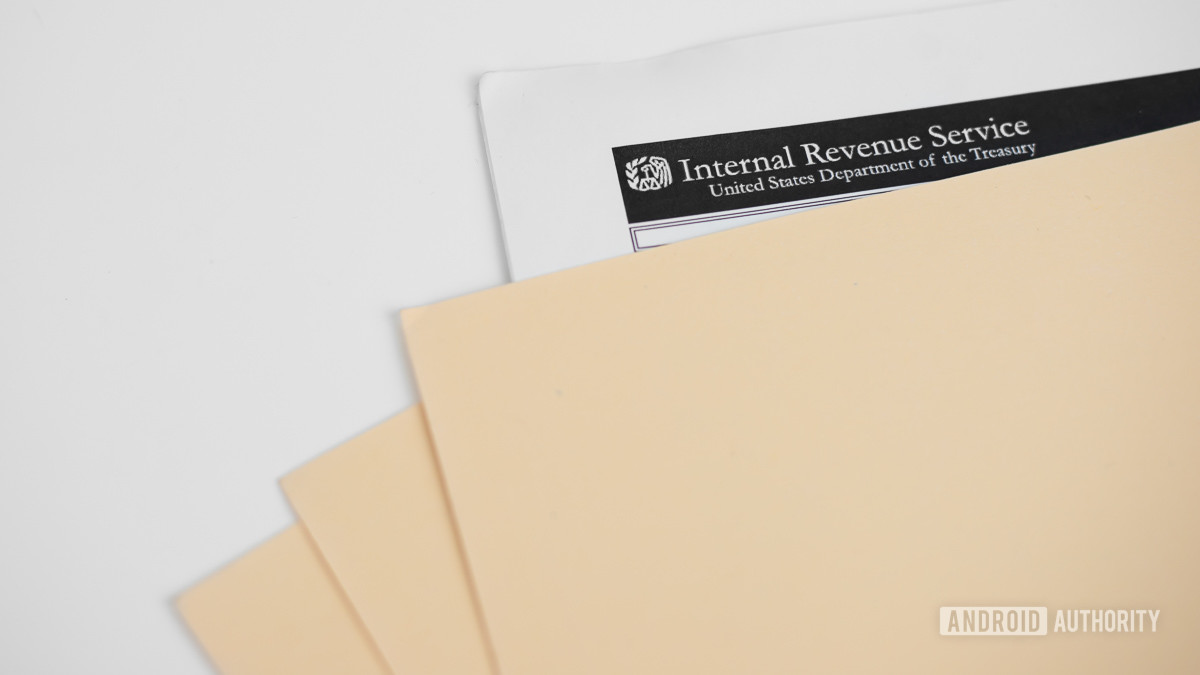The internet can be a dangerous place, and phone scammers don’t take breaks. You should always be alert, which is why we have created a list of phone scams you should be aware of, just in case you are ever a possible victim. Needless to say you shouldn’t trust Nigerian princes who want to transfer millions of dollars into your account.
The internet isn’t the only place where scammers prey on innocent victims. Some of them still like to do things the old fashioned way, calling people up with some made up stories that might get you to reveal your financial or other sensitive data. We’re going to take a closer look at some of the most common phone scams today. We’ll also give you a few tips on how to know when the person you’re talking to has bad intentions and how to protect yourself.

The IRS scam is likely the most common phone scam nowadays. The caller will pretend to be an Internal Revenue Service representative. He or she will try to sound legitimate by giving you fake badge numbers and other “official” information. Chances are at some point they will ask you to “verify personal information.” This can include your name, address, social security number, number of bank accounts, etc. Obviously, don’t give this information out to these callers.
Eventually you will be told you owe a certain amount in taxes and will be asked to pay it immediately. The caller can go as far as threatening with arrest or deportation to those who won’t pay.
If you have any doubts or want to stay on the safe side, simply hang up the call and call the IRS directly with any questions. You can find their phone numbers on the official IRS website.

Dealing with bank issues can be frustrating, and scammers may take advantage of desperate innocents to take their information through phone scams. A common scam involves users getting text messages or calls regarding fraud alerts on a debit or credit card. The scammer will then ask for sensitive data, such as personal information, card numbers, your PIN, and more.
The bank scam is also very popular online. Fraudsters go as far as setting up a website that looks identical to that of your bank but has a slightly different URL. You get an email or even a text message to your phone with a link to the website saying that you should sign in and check something important. Once you do, the scammers have your login info and can transfer the money from your account into theirs.
Scammers may have different stories, but their ultimate goal is the same. They want to get your information and find ways to take your money or identity. When in doubt, call your bank’s official number and verify the legitimacy of the situation.

Utility bills can get expensive, so it makes sense that some people may fall into scammers’ traps with the promise of lowering such expenses. Utility phone scams are on the rise as the cost of living increases, and scammers are ready to cash in on the situation.
Some will call you promising bill reductions thanks to federal programs and other opportunities. These empty promises are made in order to get people excited about the possibility and have them provide their personal information. Scammers will then use this information to create fraudulent accounts under your name.
 Pixabay
Pixabay
Jury duty is not something people usually get excited about, but it’s a responsibility we shouldn’t avoid. Some people take advantage of the stress that comes with jury duty to take advantage of innocent citizens through phone scams.
In this phone scam, people are called by spoofed numbers, making it seem like local authorities are reaching out to them. They are then told they owe a fine for failing to report for jury duty, and asked to pay it with a prepaid card.

This is one of the oldest phone scams in the book. The fraudster, pretending to be a Microsoft employee, calls you up saying that your computer has been sending error messages and has a virus.
The fraudster will ask for remote access to your computer to try to figure out exactly what the problem is. This might give him or her access to any sensitive data you have stored on your PC. The scammer may also try to convince you to buy software that will fix your non-existent PC problems and to share your credit card info over the phone.

Everybody wants a free vacation. That’s why this phone scam likely has a pretty high success rate. You get a call from someone saying you entered a raffle and were selected as the winner. The prize is a free vacation to some tropical island for your whole family that’s valued at a few thousand dollars.
The fraudster then wants to paint a picture in your mind and get you excited by saying you’ll be staying in a luxury five-star hotel right next to a beautiful sandy beach. However, to get the prize, you have to pay a standard tax of “just” a few hundred dollars. Of course, after you pay up, you realize that the whole thing was a scam. You know what they say, if it sounds too good to be true, it probably is.
 Pixabay
Pixabay
Grandparents are sweet and caring, so some people figure that makes them a great target for phone scams. In this scam older people would receive a call from a person pretending to be a granddaughter or grandson in financial trouble. They will then ask the elder citizens for help. Of course, the sweet grandparents will always help family in trouble, so they fall in the trap.

This is a clever phone scam that will quickly take money out of your pocket if you’re not careful. The scammer will dial your number, wait for your phone to ring, and then quickly hang up. Because you’re a curious person and want to find out who exactly called you and why, you decide to call back. That’s what normal people do, right?
The problem is that the phone number you call back is actually international and you’ll be charged a premium connection fee and rate. The scammer will also try to keep you on the line as long as possible with a few transfers and other sneaky methods.
31/10/2019 02:00 AM
31/10/2019 07:00 PM
31/10/2019 11:10 AM
31/10/2019 11:00 PM
31/10/2019 09:18 AM
31/10/2019 08:05 PM
31/10/2019 10:14 PM
31/10/2019 01:07 PM
31/10/2019 10:00 PM
2014 © Canadian apps and news